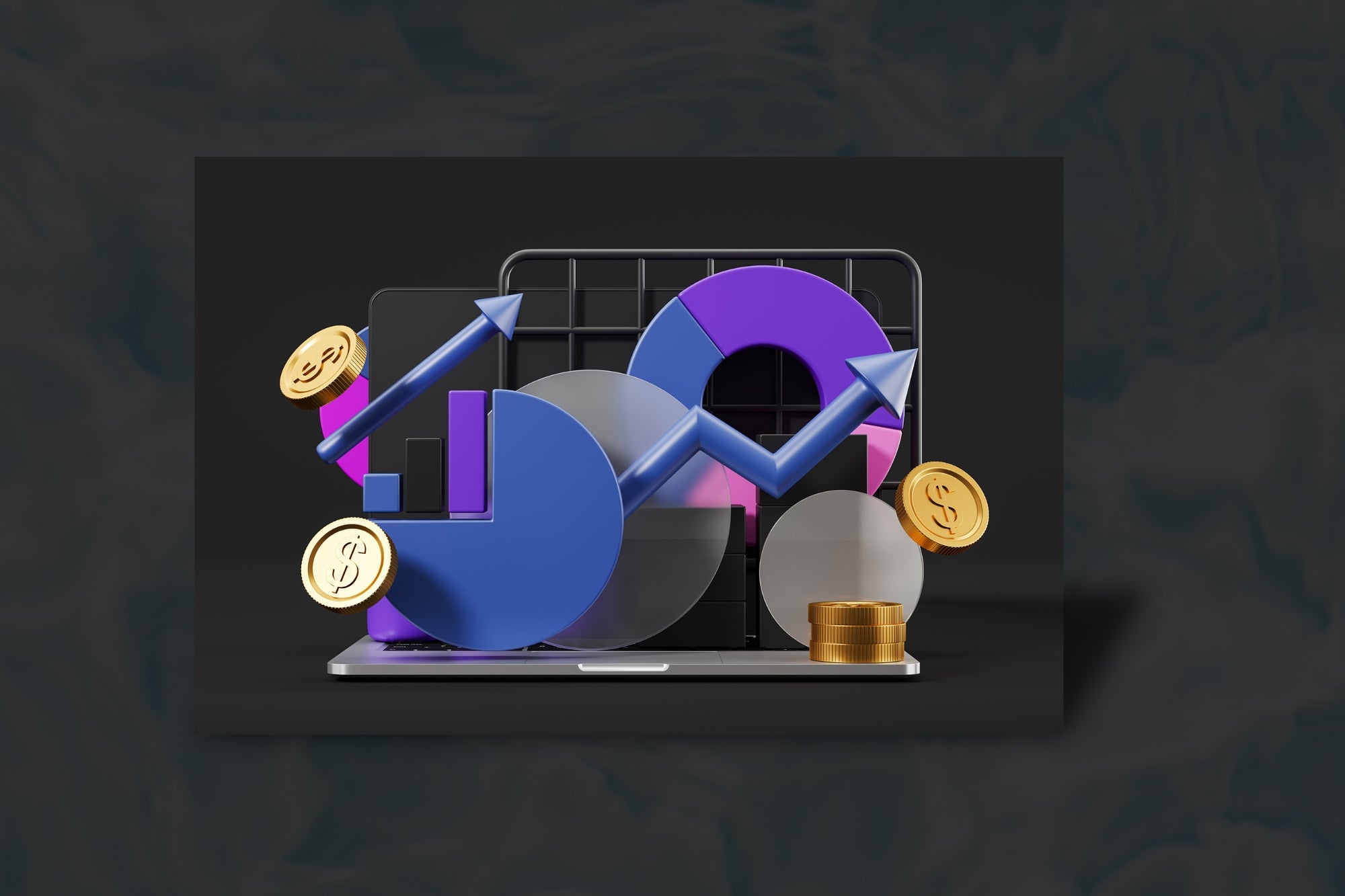Understanding and overcoming thinking addiction Human beings, in all their complexity, are shaped by a myriad of thoughts, emotions, and experiences. Among the most profound aspects of our nature is our capacity for thought. This...
This story originally appeared on Due
Human beings, in all their complexity, are shaped by a myriad of thoughts, emotions, and experiences. Among the most profound aspects of our nature is our capacity for thought. This gift, however, can also be a curse. We often find ourselves ensnared in a cycle of overthinking, leading to a host of mental health issues such as depression, anxiety, and fear. This piece delves into the human addiction to thinking, its consequences, and the role of the ego in this process.
View this post on Instagram
A post shared by Keith Crossley – Business Coach and Author of Immune to Suffering
Unraveling the human mind's addiction
The human mind is a powerful tool, capable of creating, innovating, and problem-solving. Yet, it is also prone to overuse, leading to what can be described as an addiction to thinking. This addiction is not unlike other forms of addiction, such as those to substances or behaviors. It is characterized by an inability to stop or control the behavior despite its negative consequences.
The consequences of this addiction to thinking are far-reaching and can significantly impact an individual's mental health. Overthinking can lead to feelings of depression, anxiety, and fear. These feelings can be overwhelming and debilitating, affecting every aspect of an individual's life, from their relationships to work and overall well-being.
The ego's role in thinking addiction
The ego plays a significant role in this addiction to thinking. In psychological terms, the ego refers to the part of the mind that mediates between the conscious and the unconscious. It's responsible for reality testing and a sense of personal identity. The ego gives us a sense of control and order in our lives.
However, when the mind is left to its own devices, it defaults to thinking to maintain this sense of control. Thinking helps the ego feel like it's in control. It provides a sense of order and predictability in a chaotic and unpredictable world.
The issue with ego control
While the ego's desire for control can be beneficial in some respects, it can also be problematic. When the ego is in control, it means that it is controlling you. This can lead to a cycle of overthinking, as the ego constantly seeks to maintain control and order.
This cycle can be incredibly damaging, leading to a constant state of worry, stress, and anxiety. It can also prevent individuals from living in the present moment, as they are constantly consumed by their thoughts and concerns about the future or regrets about the past.
Breaking free from the cycle
Breaking free from this cycle of overthinking and ego control requires consciously changing one's thought patterns. This can involve various strategies, such as mindfulness, meditation, cognitive-behavioral therapy, and other forms of psychological intervention.
These strategies can help individuals learn to quiet their minds and reduce their reliance on thinking as a means of control. They can also help individuals learn to live in the present moment rather than being consumed by thoughts of the future or the past.
Final thoughts
The human addiction to thinking is a complex issue with far-reaching consequences for mental health. While thinking is a natural and necessary part of human existence, it can become problematic when it becomes an addiction, leading to a cycle of overthinking and ego control.
Breaking free from this cycle requires a conscious effort to change one's thought patterns and reduce reliance on thinking as a means of control. By doing so, individuals can improve their mental health and overall well-being, living more fully in the present moment. This is not just a possibility but a reachable goal for everyone willing to take the journey.
Frequently Asked Questions
Q. What is the addiction to thinking?
The addiction to thinking is characterized by an inability to stop or control the behavior of overthinking despite its negative consequences. It is similar to other forms of addiction, such as those to substances or behaviors.
Q. What are the consequences of the addiction to thinking?
The consequences of this addiction can significantly impact an individual's mental health. Overthinking can lead to feelings of depression, anxiety, and fear, affecting every aspect of an individual's life, from their relationships to their work and overall well-being.
Q. What role does the ego play in thinking addiction?
The ego plays a significant role in this addiction to thinking. Thinking gives us a sense of control and order in our lives. However, when the mind is left to its own devices, it defaults to thinking to maintain this sense of control.
Q. What is the issue with ego control?
When the ego is in control, it means that it is controlling you. This can lead to a cycle of overthinking, as the ego constantly seeks to maintain control and order. This cycle can be incredibly damaging, leading to a constant state of worry, stress, and anxiety.
Q. How can one break free from the cycle of overthinking and ego control?
Breaking free from this cycle requires consciously changing one's thought patterns. This can involve various strategies, such as mindfulness, meditation, cognitive-behavioral therapy, and other forms of psychological intervention.
Q. What are the final thoughts on the addiction to thinking?
The human addiction to thinking is a complex issue with far-reaching consequences for mental health. Breaking free from this cycle requires a conscious effort to change one's thought patterns and reduce reliance on thinking as a means of control. By doing so, individuals can improve their mental health and overall well-being, living more fully in the present moment.
The post Understanding and overcoming thinking addiction appeared first on Due.










